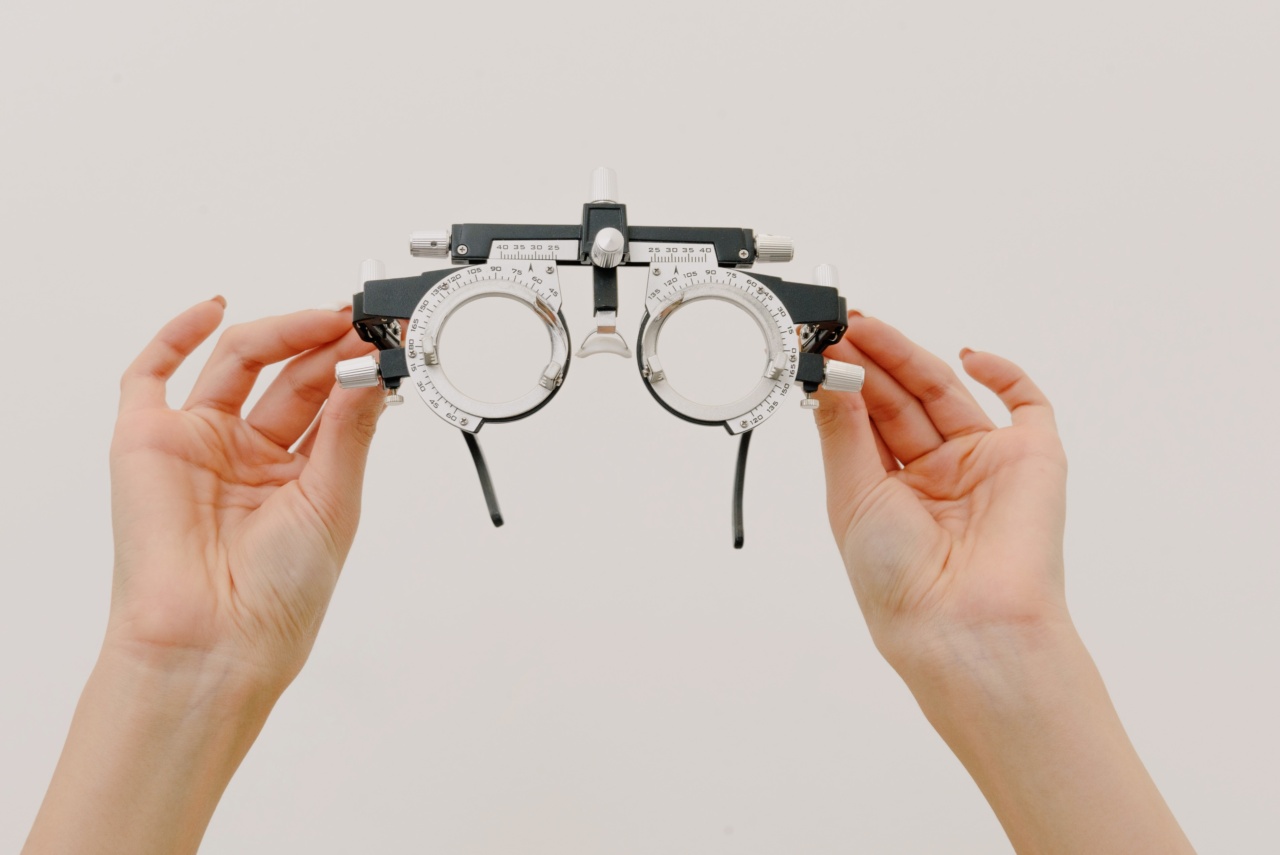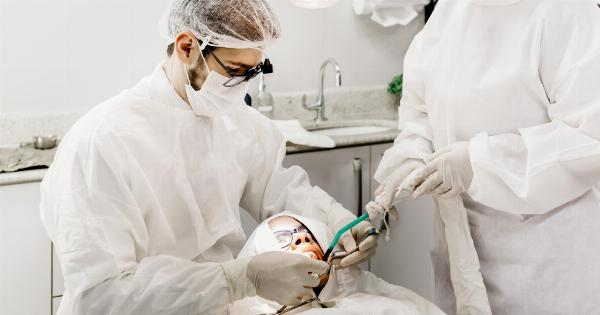Syphilis is a sexually transmitted infection caused by the bacterium Treponema pallidum, which can lead to serious health complications if not treated promptly.
In recent years, there has been a rise in the number of reported cases of syphilis, and there is a growing need for accurate and reliable diagnostic tests to help control the spread of the disease. Roche, a leading healthcare company, has developed a promising new diagnostic test for syphilis that could revolutionize the way we diagnose and treat this infection.
What is Syphilis?
Syphilis is a bacterial infection that is usually spread through sexual contact, although it can also be passed from mother to child during pregnancy or childbirth. The disease has four stages, each with different symptoms:.
Stage 1: Primary Syphilis
The first sign of syphilis is often a small sore or ulcer, called a chancre, that appears on the genitals, anus, or mouth.
The sore is usually painless and heals on its own within a few weeks, but the infection remains in the body and can progress if left untreated.
Stage 2: Secondary Syphilis
A few weeks after the chancre appears, the second stage of syphilis begins. This stage is characterized by a widespread rash that can appear on the palms of the hands, soles of the feet, and other parts of the body.
Other symptoms may include fever, headache, muscle aches, and swollen lymph nodes.
Stage 3: Latent Syphilis
If left untreated, the infection can enter a latent stage, during which there are no visible symptoms but the bacteria are still present in the body.
This stage can last for years, and if the infection is not detected and treated, it can progress to the final stage.
Stage 4: Tertiary Syphilis
If syphilis is left untreated for many years, it can cause serious health complications affecting the heart, brain, and other organs. These complications can be life-threatening, and treatment may not be able to reverse the damage.
The Importance of Early Detection and Treatment
The key to preventing serious complications from syphilis is early detection and treatment. This is where Roche’s new diagnostic test comes in.
About Roche’s Diagnostic Test
Roche’s new diagnostic test for syphilis is called the Elecsys® Syphilis immunoassay. It is a fully automated diagnostic test that can detect antibodies to T. pallidum in blood or serum samples.
The test is based on the principle of chemiluminescence immunoassay, and it has shown excellent sensitivity and specificity in clinical trials.
Benefits of Roche’s Diagnostic Test
There are several key benefits to using Roche’s diagnostic test for syphilis:.
- Highly accurate: The test has been shown to have high sensitivity and specificity, meaning it can accurately detect syphilis antibodies in blood samples.
- Fast results: The test is fully automated and provides results in as little as 18 minutes, allowing for rapid diagnosis and treatment.
- Easy to use: The test is fully automated, so it is easy to use and does not require specialized training or expertise.
- Cost-effective: The test is affordable and can be used in a variety of clinical settings, including hospitals, clinics, and laboratories.
Clinical Applications of Roche’s Diagnostic Test
Roche’s diagnostic test for syphilis has several clinical applications:.
- Diagnosis of syphilis: The test can be used to diagnose syphilis in patients who have symptoms or who may have been exposed to the infection.
- Screening for syphilis: The test can be used to screen large populations of people, such as pregnant women or individuals at high risk for syphilis.
- Monitoring treatment: The test can be used to monitor the effectiveness of syphilis treatment over time.
Conclusion
Roche’s new diagnostic test for syphilis has the potential to revolutionize the way we diagnose and treat this infection.
With its high accuracy, fast results, and ease of use, the test can help healthcare providers detect syphilis early and prevent serious complications. As syphilis cases continue to rise, the development of reliable diagnostic tests is more important than ever, and Roche’s new test is a promising step forward.































